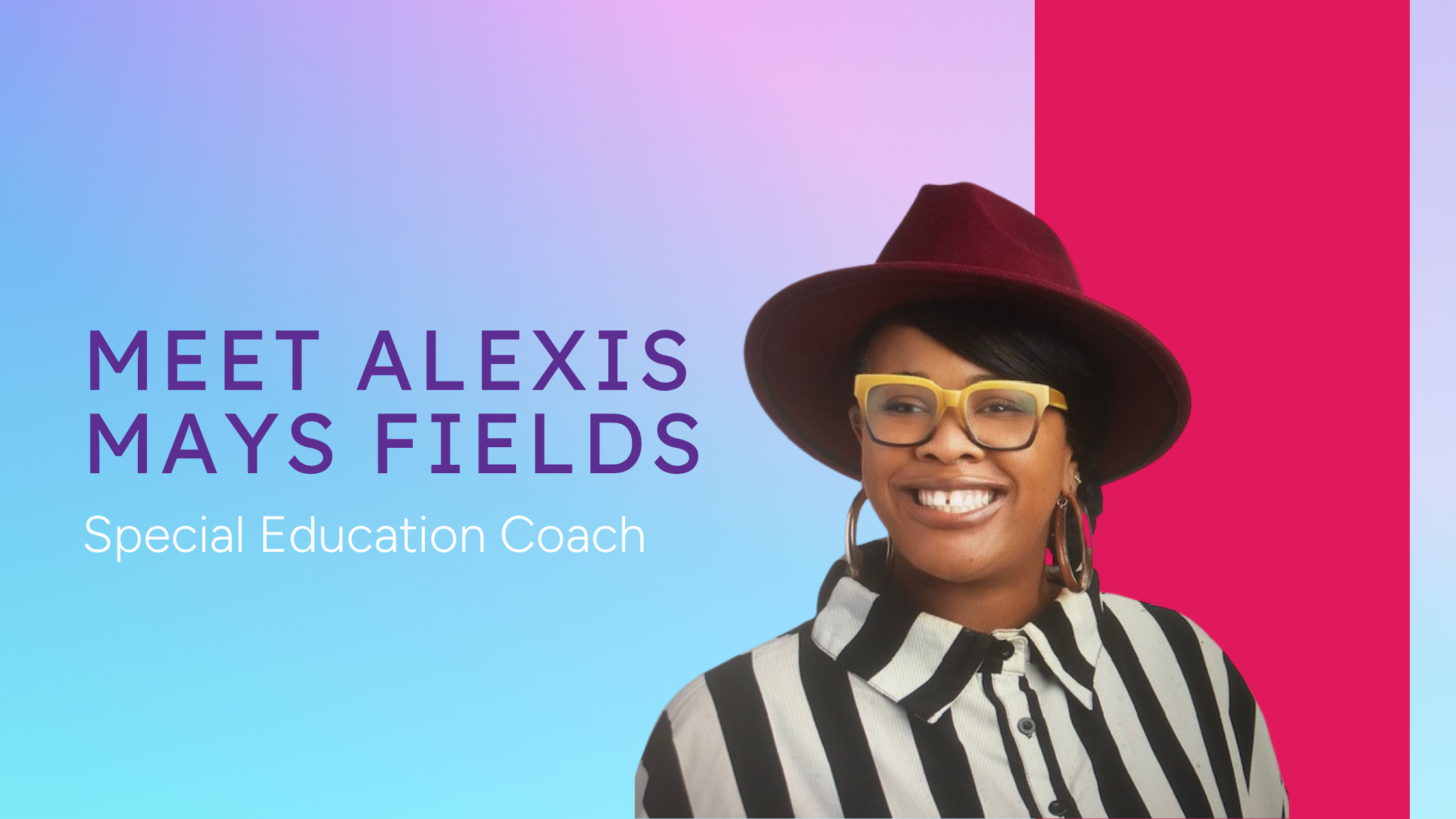Overview
Summer break is a time to rest, recharge—and reconnect. But for neurodivergent learners, it can also mean something else: the risk of losing hard-earned skills. That “summer slide” can hit harder for students with learning differences.
But here’s the good news: it doesn’t have to be that way.
“This is not the end of their instructional journey or capacity to be great,” says Alexis Mayfield, a Special Education Coach serving six charter schools in Washington, D.C.
With over seven years of experience supporting students and families, Alexis is passionate about helping kids continue to grow—even while school is out. Below, she shares practical ways you can help your child stay on track and have fun doing it.
Honor Their Strengths, Celebrate Their Style
Every child learns differently. Some are visual learners, some are hands-on. Some speak through art, while others connect through music or movement. Your child’s Individualized Education Program (IEP) is a great place to start—it tells you what works best for them.
“Seeing these kids have lightbulb moments in spite of disadvantages was like—OK, we can do this,” says Mayfield.
Strategy:
• Use your child’s IEP goals to set fun summer intentions
• Let them guide the way—follow their curiosity
• Make space for joyful learning: painting, dancing, storytelling, or building things with their hands
There’s no one-size-fits-all solution. Let your child’s personality shine and watch how learning can bloom.
Set the Stage for Summer Success
Summer success starts with preparation—and a little creativity. Start where you are. Just begin.
Strategy:
• Talk to teachers and therapists before summer break. Ask about any extra materials they can share.
• Visit budget-friendly stores like Dollar Tree, 5 Below, or check Pinterest or Teachers Pay Teachers for free learning downloads
• Repurpose items at home—label things around the house to build vocabulary
Try This:
• Flashcards for math or speech goals
• Labels like “shoes,” “sink,” or “fridge” to support speech development
• DIY packets with fun games tied to their IEP goals
“It may seem basic, but it works,” Alexis says. "And most of all—keep it fun."
Everyday Learning = Everyday Wins
Learning doesn’t have to look like school. It can happen anywhere—while playing hopscotch, cooking dinner, or riding in the car.
“If you’re playing Hopscotch, put the math problem in the box. Make it a game,” Mayfield said.
Strategy:
Kinesthetic Learning Ideas:
o Hopscotch with math problems
o Twister using sight words or numbers
o Sidewalk chalk spelling challenges
Visual & Auditory Supports:
o Label objects with sticky notes
o Use clapping, tapping, or rhythm games for phonics
o Try audiobooks for comprehension
Timers Help, Too:
o Use short timers to keep your child focused
o Try “beat the clock” games for motivation and stamina building
Learning can be playful and purposeful.
Make It a Family Affair
Summer is a time to reconnect. Why not bring the whole family into the learning experience? Make it a challenge party… when siblings work together, everyone wins.
Strategy:
• Family Writing Prompts – try pen-pal letters or shared journals
• Game Night with a Twist – play Scrabble, Twister, or card games with learning goals in mind
• Group Reading Time – take turns reading aloud, then talk about the story together
Learning can strengthen both skills and relationships when it’s shared with everyone.
Build a Simple Routine
Structure doesn’t have to mean a strict schedule. However, a little consistency goes a long way. Even 30 minutes a day can make a difference.
Strategy:
• Create short learning sessions each day
• Set up independent activities for your child to do on their own
• Turn car rides into lessons with flashcards or memory games
Don’t allow yourself to get overwhelmed – just plan to do a little each day.
Use Digital Tools Wisely
Do we encourage screen time? Sure. Screen time can support learning—when it’s used with intention. Even TikTok has some good stuff—just make sure you know what they’re watching.
Strategy:
• Try apps like Quizlet, Heads Up!, or Starfall
• Watch educational videos together, then talk about what you learned
• Set screen-time limits and explore learning games together
Technology can be a powerful tool when you’re plugged in with purpose.
Final Thoughts: You’ve Got This
You are your child’s first teacher and strongest advocate. Your voice, your support, and your presence make a world of difference. School may be out, but learning is always in session. And you’re doing better than you think.
Strategy:
• Stay connected with your child’s progress
• Write down what works—and what doesn’t
• Don’t wait for school to follow up—you can lead the way

